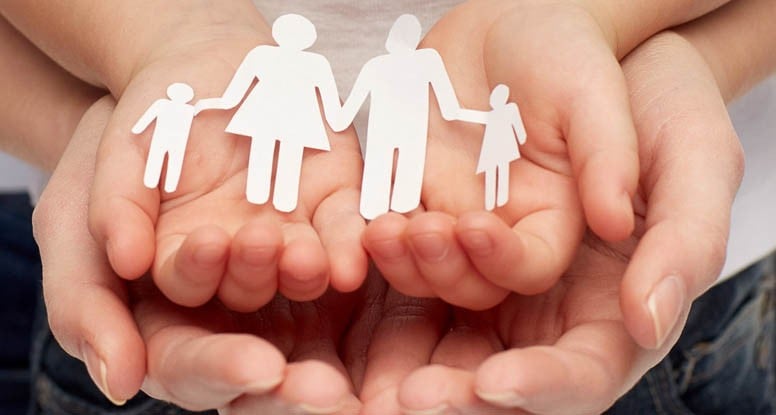
There is an acute need of a Centre for Social Concerns in every university in the country to instil in our students a sense of civil ownership and responsibility

For the past couple of weeks, I have been talking to my students about a social service project. While the idea excited a few, many were sceptical. After my hour long pep talk to them I asked them why they were so hesitant. Their answers were: I don’t think anyone would care, or what is in it for us, or why would anyone join us, why would the people we are targeting care about this, and finally, this would not work. Their questions were such that I began to think about how we relate and think about the society around us.
A few years ago I wrote an article about the government of Pakistan honouring more people in their honours list. I compared the number of people Pakistan gives national honours with the list in the United Kingdom.
With a population of a third of Pakistan, the UK lists (which are published twice a year) were three times more than Pakistan each time, meaning that about six times more people are honoured in the UK yearly than Pakistan. If one compares the lists further, one notices that in Pakistan only the top people in certain fields are recognised, while in the UK people working in their communities, with NGOs and other local organisations are largely honoured -- in fact about 70 per cent of UK honours are given to those working with their local communities.
So a headmistress of a school in rural England would get an OBE, and a person who has visited the elderly in a home for a decade gets a CBE, but such people would never be given an award in Pakistan, let alone recognised. This lack of recognition, among other things, is a reason that work for society’s uplift is not considered worthwhile or ‘proper’ by most people in Pakistan. In fact, most people in Pakistan think it is demeaning and useless work, and that only ‘NGOs walas’, a term often pejoratively used, should concern themselves with it.
Coming back to my students, when I impressed upon them that we should care about our own society and do anything -- no matter how little -- to make it better, a number said, "But sir, these things are for Western people. Why should we care if, for example, a person beats his donkey -- why should we care about animal cruelty when human cruelty exists." I replied to them by noting that the issue is not to do with the donkey alone -- the major problem with it is the fact that the person doing it is cruel. If one day he can beat the donkey mercilessly, he can beat his wife too, and then his young son, seeing both cases might just think that beating someone up, for no matter what reason, is fine.
Last time, I wrote on these pages about the responsibility of universities to be centres of discourse. Today, I want to add another responsibility to it: that of promoting civic responsibility.
With the society around us becoming more polarised and fragile day by day, it is only in the universities that a sense of civic responsibility can be inculcated in students. Most of our universities do not think much of the humanities and just treat them as useless subjects -- all we want is a focus on science and technology. But what is the use of all this science and technology if we cannot even become good human beings, I wonder.
When I was an undergraduate in the United States, my university, the University of Notre Dame, had a Centre for Social Concerns (CSC). Its mandate was to develop social service projects for students.
The CSC also had programmes over Spring and Fall break where a group of students would travel to another part of the United States and take part in a social service project. Then when the students graduated, the CSC would ask them to sign a pledge of social and ethical service. The experience of the university would last with many students, and as alumni contacts show, a large majority of Notre Dame graduate keep working for their communities -- in whatever little way then can, years after graduation. That small building in the middle of the busy and bustling campus had left its lasting impression.
Today, there is an acute need of a Centre for Social Concerns in every university in the country. The HEC is very keen to ensure that every university has a Quality Enhancement Cell, or an Office for Research, Innovation and Commercialisation, but what about a place which enhances our ability as human beings? Shouldn’t that be our primary focus? What about our quality as human being? Our ability as human and society changers and innovators?
The world is changed very fast and the digital age has brought people even closer. But this connectedness has also made interaction human less. The people who used to see each other every now and then now text or WhatsApp each other, even the chance to hear each other’s voice through the telephone is diminishing.
Therefore, it is all the more important that we instil in our students -- and in fact the general population -- a sense of civil ownership and responsibility. Without such endeavours, we might become rich and developed, but would remain poor and underdeveloped as human beings.